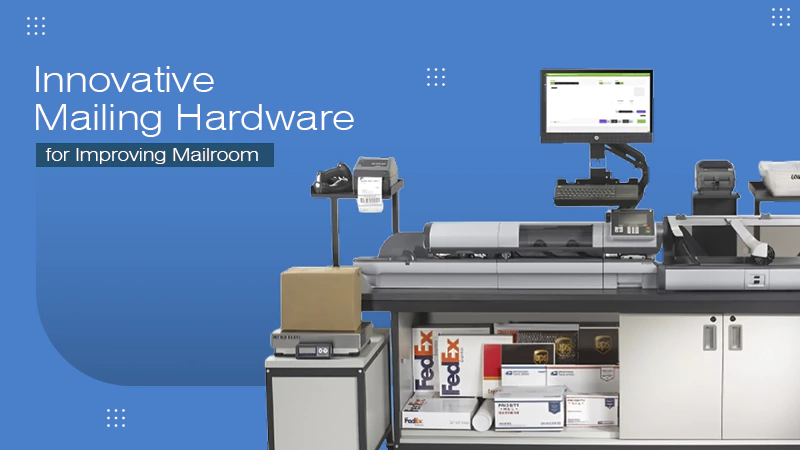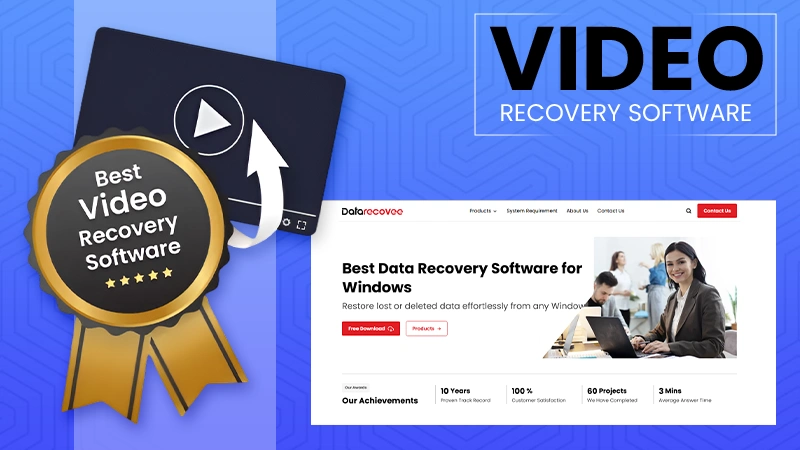Secure storage is a protected environment where encryption, access controls, and immutability can be used to prevent unauthorized access or deletion.
The Evolving Role of Secure Storage in Modern Business Operations
Modern business operations are more complex than before, involving manufacturing, production, and marketing. As a result, the tendency for security threats is also getting worse. On top of this, due to remote work, data-driven operations, and cloud storage services, vulnerabilities may increase.
This is where businesses must protect their digital assets, along with physical ones. In this case, they should be looking for a secure storage that can integrate with modern business operations. Hold on, are you still applying traditional storage methods?
Or simply not sure about the use of secure storage in modern business operations? Don’t worry! In this article, I will explain the evolving role of modern secure storage methods for business operations. Just continue reading this write-up till the end.
Let’s explore more!
KEY TAKEAWAYS
- The rise of remote work and cloud platforms means data is decentralized.
- Secure storage now relies on advanced digital tools.
- Hybrid solutions that combine local, cloud, and offsite storage are key to ensuring rapid recovery.
- Since human error is a significant threat, security policies and mandatory employee training are essential.
1. The Changing Landscape of Business Security
Security measures in every business landscape are transforming rapidly with the digitalization. With the rising use of automation and AI, businesses are generating big data, storing it, and accessing information.
2. The Role of Secure Storage in Data Protection
Secure storage can be used in various sectors of a single business. In every system, it plays a significant role in securing the overall unit. Comprehensively examine its role here:
Digital Security
Multiple data is stored in cloud storage, where a secure, encrypted system works as an integral solution. Ultimately, storing the most secure data makes it accessible as well as scalable.
Physical Security
Besides digital storage, every company holds physical data, which needs to be safeguarded, too. While they might not be prone to digital threats, risks like fire, theft, or misplacement are still there.
Consider enhancing your data security by utilizing secure Corodata offsite storage services.
3. How Secure Storage is Adapting to Modern Needs
Storage providers are enhancing their offerings to present everything according to demand. This means that the demand for secure storage is constantly evolving. So here are the solutions:
Cloud Storage
When it comes to secure storage, cloud-based solutions have many advantages, including global accessibility and near-limitless scalability. The biggest cloud storage providers are investing dollars to ensure that security and compliance remain up to date. All of this makes cloud provision a compelling option for ongoing work and live data backup.
Offsite Storage
Off-site storage refers to the storage of an organization’s files or data, either in a physical or digital format, in a location separated from the main office. When disaster strikes—fire, flood, or even a regional power outage—you can turn to the securely stored, offsite copies marked as backups for restoration.
Hybrid Solutions
There is nothing like a one-size-fits-all solution, so utilize hybrid storage. Hybrid allows the organization to have storage on-premises, without the need to bring all data onto the site. Hybrid is a combination of either cloud storage or off-premise storage, plus backup storage on location: all seamless to the user.
4. Integrating Secure Storage into Business Operations
To get the most out of the system, secure storage must be part of the daily business operation and implemented as part of any process, including onboarding a new hire or permanent employee into the workforce and its processes.
- Regularized Audits: Conducting periodic reviews helps to verify that all data is being backed up appropriately and that access passwords are up-to-date.
- Employee awareness: Human error is the number one cause of data breaches, so the organization needs to educate employees on data security policies, reminding them to use strong passwords and identify phishing scams, etc.
- A recovery plan: Knowing how to get into a secure repository for accessing and restoring data in the event of a breach or disaster is just as important, if not more important, than having a data repository.
- Remember: Time must be allocated to integrating the storage into the daily culture, rather than being viewed as a separate operation or separate IT system.
5. Benefits of Secure Storage for Modern Businesses
A secure storage in modern business gives off multiple advantages in the long run. Here, I have elaborated the three main benefits for your business.
Risk Mitigation
The rule is simple: reduced risk. A secure system ensures that data has an additional layer of encryption, only certain individuals have access, and there are redundant copies. When the organization makes the data more secure, the potential risk of financial penalties becomes lower. Also, possible legal repercussions result from a data breach.
Business Continuity
Secure storage ensures the ability for a business to recover quickly from an unexpected incident. If a system fails, data can be restored from a clean, secured backup, leading to minimal downtime. Business operational resilience should be an integral part of a modern business continuity plan.
Cost Efficiency
While there is initially some investment, secure storage produces long-term savings. The cost of preventing a data breach is quite less than the cost of recovering from one, which includes fines, legal fees, loss of business, and reputational repair. Efficient storage solutions mean a business only pays for the storage it truly needs.
Conclusion
For a company, data is both a liability and a valuable asset, which has evolved from hybrid clouds to advanced encrypted solutions. Indeed, secure storage in a business is indispensable to meet various aspects. Think of securing data as a practical investment strategy for future resilience and long-term trust with customers.
Frequently Asked Questions
What is secure storage?
Is cloud storage automatically secure?
Reputable clouds may offer high-level security for their infrastructure. However, other proactive measures are also critical for complete security.
What is an “immutable” backup?
An immutable backup is a data copy that cannot be altered, deleted, or encrypted for a specific period of time.
Why is offsite storage important?
An offsite storage works as forgotten treasure for a company. Particularly, in case any damage occurs to on-site data, it stays as a back up.
Huge user counts and millions of interactions, this illusion of great big numbers attracts more users to a platform. According…
Seeing an orange spot on MacBook screens is unsettling, but not every spot means damage. Sometimes it’s just Apple’s software…
FinTech and rewards go together. However, in FinTech, rewards are not just marketing tools. They sit right next to regulated…
Digital payments are evolving at a rapid pace. From every small enterprise seller to huge e-commerce platforms, digital payments have…
Most enterprise software still being used in the corporate world was developed years ago. According to Stefanini’s industry analysis, 60%…
The digital landscape is evolving every day; the competition is rising with the increase in the number of clients. So…
Traditional office mailrooms were slow and manual postal hubs. Businesses that still have that treat the entire area as a…
Many business owners wonder if they can collect information and develop a strategy to build a strong business. And the…
Video recovery software is known for restoring deleted, lost, or corrupted video files from hard drives, memory, USB drives, or…







